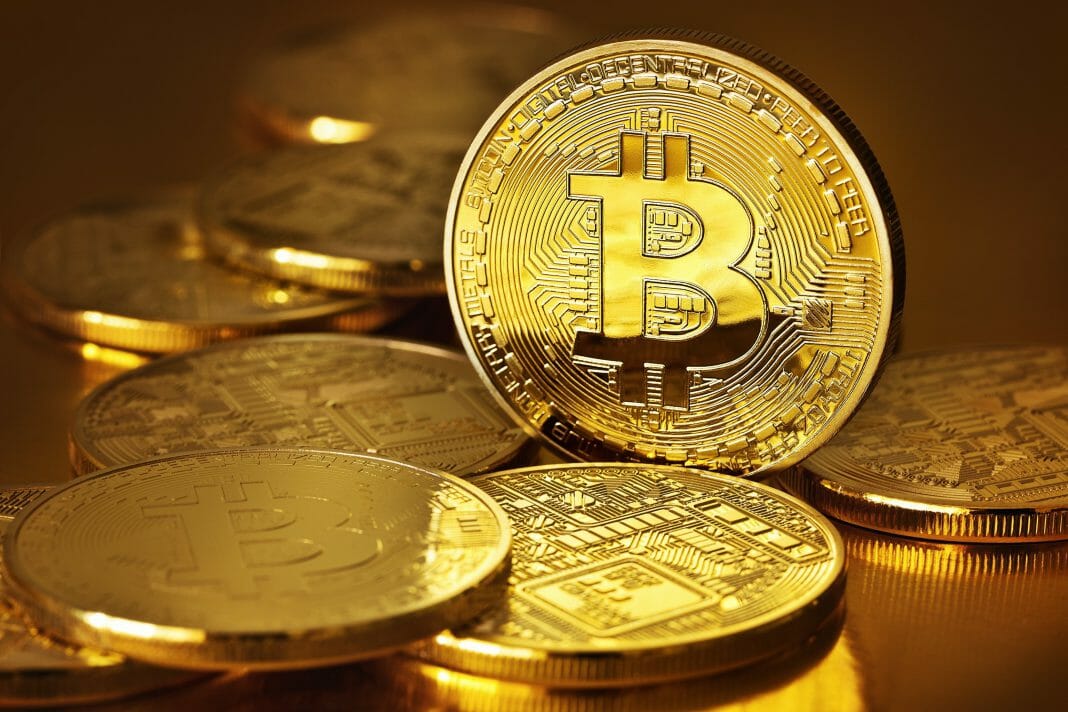Nayib Bukele became president of El Salvador on June 1, 2019, after a campaign that had a harmonious impact on social networks.
During the beginning of his political career in 2012 as mayor of the Nuevo Cuscatlán municipality, Bukele assisted the concise class to explore basic services such as free stew water. He also donated his salary to finance school scholarships, and during his time as mayor, he refused to fire officials or workers of opposition flags; it is reported that they increased their salary.
Bukele ceased to be that charismatic leader who helped his workers once he came to the presidency. He used to help them whether or not they were just a way to auspice his political measures or wishes, but once he took the presidency he pressed for the implementation of a measure called “house disinfection”
This measure consisted in the dismissal of the standard prosecutor of the Republic and all the magistrates of the constitutional chamber of the Supreme Court of Honesty, replacing them with followers of his actual regime.
Bukele even issued arrest warrants for a congregation of people who were not complying with the quarantine protocols and measures. Some even denounced that they spent much more time in prison than they should.
He received many complaints from human rights organizations after a video that demonstrated the mistreatment of more than 100 inmates who were piled up in the prison yard without storing distance from each other, half-naked and without masks.
Since the emergence of the Coronavirus, Bukele’s position changed drastically from being a peaceful and empathetic person to becoming a very authoritarian president. El Salvador is currently classified as a hybrid program according to The Economist’s democracy index.
Bitcoin Could Help Pave Remittance Remittance In Case Of Possible Penalty
El Salvador is a country with a limited economic flow and that additionally subsists thanks to the remittances it receives, which are approximately 70%, according to local media. In 2019, these remittances peaked to an amount that might be surpassing 5,649 million dollars, which represented 12% of the country’s GDP.
So Bukele may be considering cryptocurrencies as a means to avail himself of a possible penalty by the US as it can be considered a regime based on dominance and an excess of authority. This measure would intend to stop the North American government and make it stand in line and not interfere.
This new “Bitcoin Law” approved in El Salvador could carry on various consequences at the political level, especially with the United States of America, which has intervened in the past in the politics of its neighboring countries.
If El Salvador would certainly obtain a large amount of flow thanks to remittances, the best option to exceed a possible penalty would be cryptocurrencies. Without retention, Bukele did not opt to create his cryptocurrency (as Venezuela did) and even launched a CBDC.
Instead, it adopted a stereotyping over which it has, in theory, no power to determine monetary policy; this currency ended up being Bitcoin.
By: Jenson Nuñez











